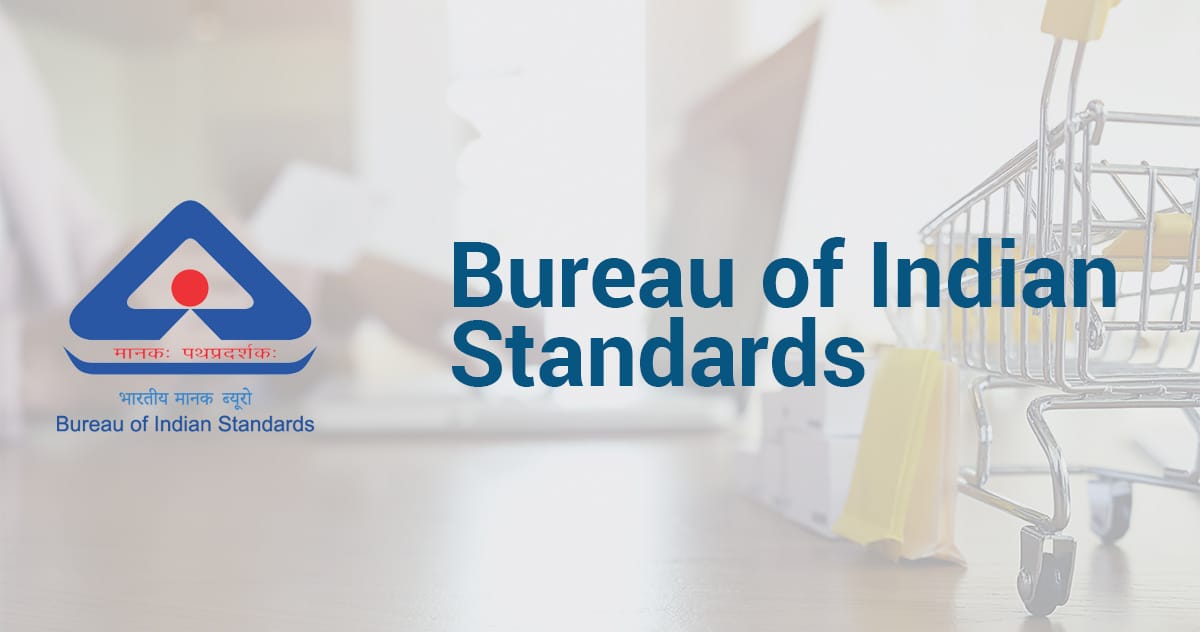In News
The Consumer Affairs Minister recently said the government will bring more products under the mandatory quality norm as India moves towards becoming a developed nation by 2047. Addressing virtually the 77th foundation day of the Bureau of Indian Standards (BIS)
Explanation
Bureau of Indian Standards (BIS)
- BIS is the National Standard Body of India established under the BIS Act 2016 for the harmonious development of the activities of standardization, marking and quality certification of goods and for matters connected therewith or incidental thereto.
- BIS has its Headquarters at New Delhi and its 05 Regional Offices (ROs) are at Kolkata (Eastern), Chennai (Southern), Mumbai (Western), Chandigarh (Northern) and Delhi (Central).
Quality control in India
- Quality control ecosystem in India is based on the standards developed by BIS, the National Standards Body of India. BIS is engaged in the activities of Standardization, Conformity Assessment and Quality Assurance of goods, articles, processes, systems and services. The Indian Standards established are voluntary in nature which can be made compulsory by the Central Government through issuance of a Quality Control Order (QCO).
- QCO is a mandatory certification scheme, whereby compliance to specified list of Indian Standards applicable to the concerned product is made compulsory by the Central Government under various considerations including public interest, protection of human, animal or plant health, safety of environment, prevention of unfair trade practices and national security.
- Prior to the notification of the QCOs, extensive stakeholder consultations with key industry associations and industry members were conducted for their inputs. The draft QCOs were then approved by the Hon’ble Commerce & Industry Minister followed by legal vetting by the Department of Legislative Affairs. Subsequently, the QCOs were uploaded on the World Trade Organisation (WTO) website for 60 days, inviting comments from WTO member countries.
- With the implementation of the QCOs, manufacturing, storing and sale of non-BIS certified products will be prohibited as per the BIS Act, 2016. The violation of the provision of the BIS Act can attract a penalty of imprisonment upto two years or with fine of at least Rs 2 lakh for the first offence. In case of second and subsequent offences, the fine will increase to Rs 5 lakh minimum and extend up to ten times the value of goods or articles.
- The implementation of the QCOs for these products is crucial not only for safety of the consumers, but it will also only improve the manufacturing quality standards in the country and curb the imports of sub-standard products into India. These initiatives, coupled with development quality testing labs, product manuals etc. will aid in the development of a quality ecosystem in India.

